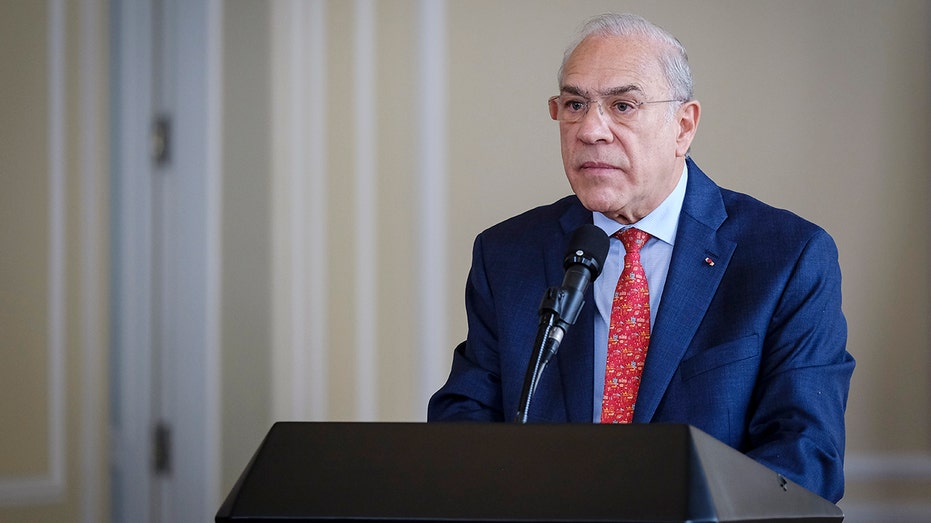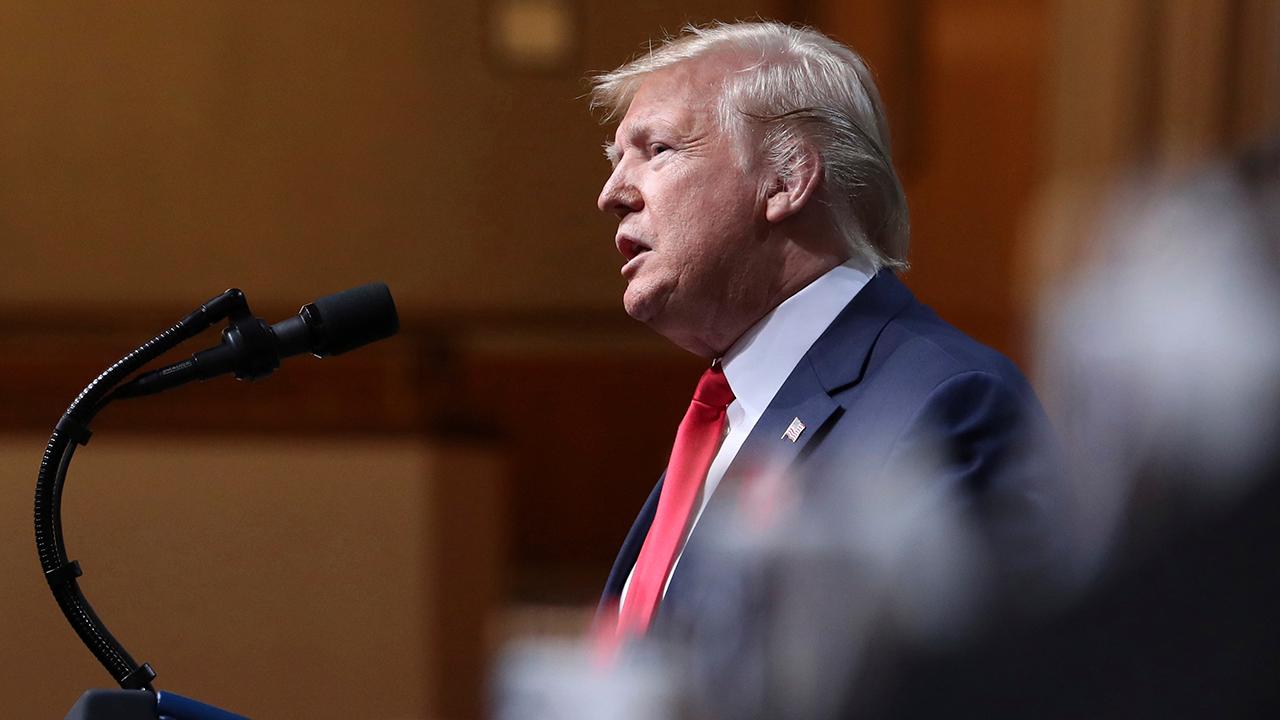Corporate execs brace for major overhaul of global tax rules
The new rules would set a global minimum corporate tax rate
Corporate executives across the world are bracing for a major overhaul of the global tax system, trying to assess the potential implications for their consumer-facing businesses even as some details remain scarce.
The Organization for Economic Cooperation and Development, which is running the initiative, was slated to meet Thursday and Friday to discuss the proposed changes, according to The Wall Street Journal.
Under the new rules outlined by the Paris-based organization, countries would have the capability to tax digital companies based on sales, rather than physical presence, and there would be a global minimum corporate tax rate.
The rules would apply to companies with annual revenues of more than $830 million in “consumer-facing industries,” which includes big tech companies and other firms that sell services and goods to consumers.
GET FOX BUSINESS ON THE GO BY CLICKING HERE
Because companies could be required to again make sweeping changes to their global tax structure within such a short period of time (many are still working through the 2017 Tax Cuts and Jobs Act), high-profile companies are voicing their concerns about the proposals ahead of this week’s meeting.
“Before deciding on the final proposal, we encourage the OECD to clarify a number of issues,” Spotify said in a statement to the organization, according to the Journal.
TECH GIANTS COULD FACE HEFTY TAX BILL UNDER NEW OECD PROPOSAL
Uber also said the current framework provided by the OECD requires additional information in order to come to an agreement.
Likewise, Volvo, in comments submitted to the OECD, said the lack of details available about the changes makes it difficult for the automaker to assess the implications of the policy changes.

José Ángel Gurría, Secretary General of the Organization for the OECD, addresses the President of Colombia Ivan Duque Marquez (not in frame) and congratulates the process of joining the OECD. (Getty)
”Failure to reach [an] agreement by 2020 would greatly increase the risk that countries will act unilaterally, with negative consequences on an already fragile global economy,” OECD Secretary-General Angel Gurría said in a statement earlier this year. “We must not allow that to happen.”
Earlier this year, the OECD agreed to rewrite the tax rules that date back to the 1920s at the urging of more than 130 countries and territories. The proposal comes at a critical time as countries look to impose their own taxes on digital companies, including tech giants like Amazon, Google and Facebook, in the interim.
France has been particularly vocal about the need for a digital services tax; over the summer, President Emmanuel Macron signed a law — targeting a slew of big tech companies based in the U.S. — imposing a 3 percent tax on companies worth at $834 million globally and $27.5 million in France. (France said the tax is temporary until the OECD determines how to tax digital companies.)
The move sparked ire from the Trump administration, which suggested it “unfairly” targeted the U.S.





















